Embarking on the journey of launching a new intrastate trucking company is an exciting venture, but it comes with its fair share of regulatory challenges. Ensuring compliance with state and federal regulations is crucial for the success and longevity of your business. In this blog post, we will outline everything a new intrastate trucking company needs to be compliant, helping you navigate the regulatory landscape with confidence.
-
Understand State-Specific Regulations: The first and foremost step in achieving compliance is understanding the specific regulations imposed by your state. Intrastate operations fall under state jurisdiction, so it's vital to familiarize yourself with the rules and requirements set forth by your state's transportation department.
-
Obtain Necessary Licenses and Permits: Acquiring the appropriate licenses and permits is a non-negotiable aspect of intrastate trucking compliance. This may include a state-issued intrastate operating authority, motor carrier permits, and the DOT required Driver Qualification File. Ensure that all paperwork is complete and up-to-date to avoid penalties and disruptions to your operations.
-
Vehicle Compliance and Inspections: Regular vehicle maintenance and adherence to safety standards are imperative. Schedule routine inspections to ensure that your fleet meets state and federal safety regulations. Keep comprehensive records of vehicle maintenance and inspections, as these documents may be required during audits.
-
Driver Qualifications and Training: Your drivers are the backbone of your operation, and their qualifications are paramount to compliance. Ensure that all drivers have the appropriate commercial driver's licenses (CDL) and meet any state-specific requirements, all docmented in their Driver Qualification File. Implement a comprehensive training program that covers safety, regulations, and company policies.
-
Hours of Service (HOS) Compliance: Intrastate trucking companies must adhere to state-specific Hours of Service regulations, dictating how long drivers can operate and when they must take breaks. Implement an effective system for monitoring and managing driver hours, and provide ongoing education to ensure compliance with these critical safety measures. Be sure to use a DOT approved ELectronic Logging Device (ELD).
-
Insurance Coverage: Adequate insurance coverage is a legal requirement for intrastate trucking companies. This typically includes liability insurance, cargo insurance, and potentially other specific coverages depending on your operations. Regularly review and update your insurance policies to ensure continued compliance.
-
Record Keeping and Documentation: Accurate record-keeping is a cornerstone of compliance. Maintain meticulous records of driver qualifications, vehicle maintenance, inspections, and any other pertinent information. Having organized and readily accessible documentation will not only keep you compliant but also streamline audits and inspections.
-
Stay Informed and Updated: Regulations in the trucking industry are subject to change. Stay informed about any updates or amendments to state and federal laws that may impact your intrastate operations. Regularly check for updates from relevant authorities and industry associations.
Launching a new intrastate trucking company comes with its challenges, but by prioritizing compliance from the outset, you set the foundation for a successful and sustainable business. Keep abreast of state regulations, obtain the necessary licenses and permits, maintain a commitment to safety, and stay informed about industry changes. By doing so, you not only ensure your company's compliance but also contribute to the safety and efficiency of the broader transportation network.
That is what we do here at DOT Compliance Services LLC - ensuring you are compliant, you pass your DOT Audit and stay on the road making money.
